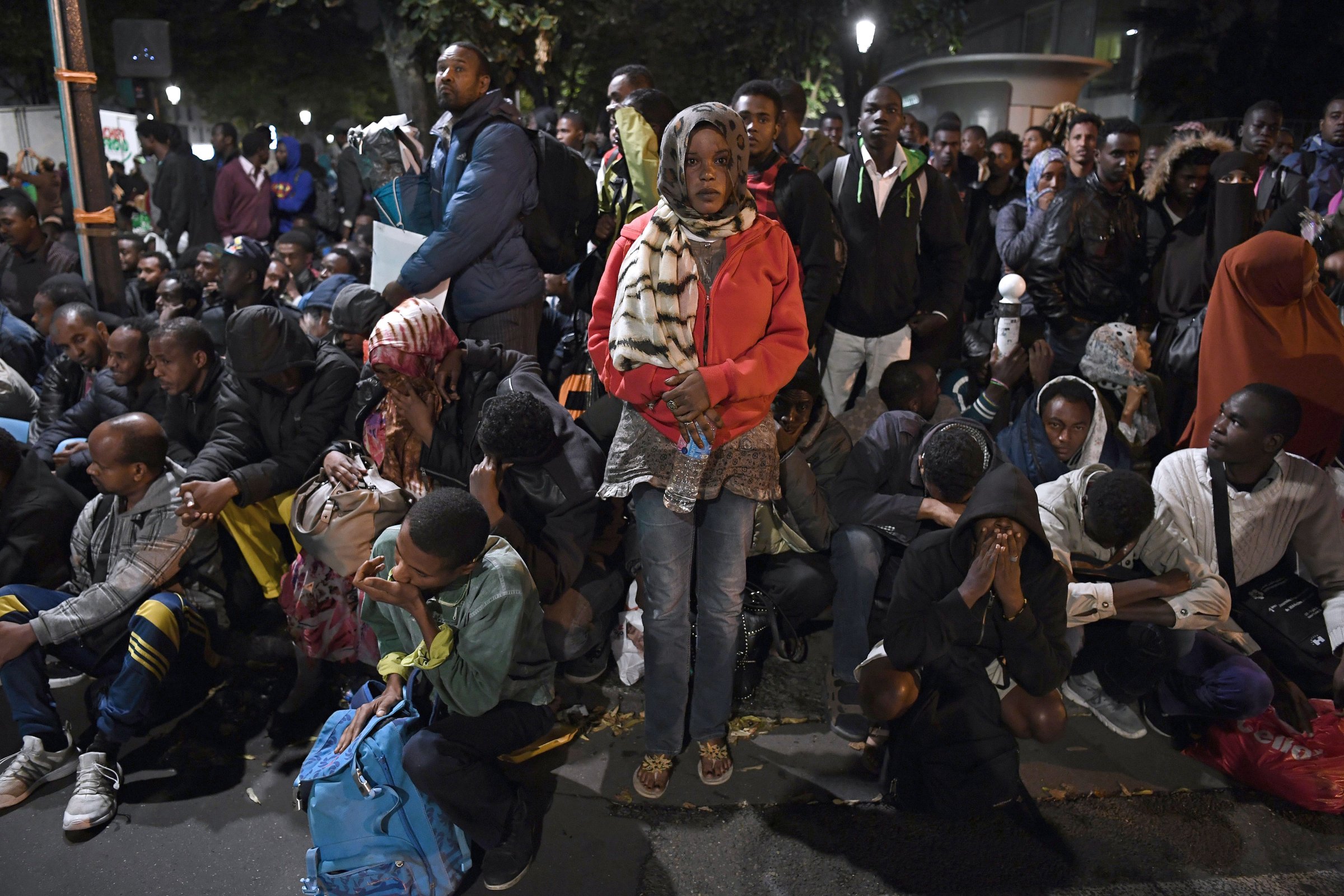
In the current and unprecedented global refugee crisis, women face unique challenges that are often hidden or ignored.
Those forced to flee their homes to escape violence often face grim options. Resolving to leave their war-torn homelands, and leaving everything and everyone they know behind, is hard enough. The prospect of entrusting their lives and that of their loved ones to smugglers or embarking on perilous voyages to strange countries is terrifying. For women, especially those fleeing alone, there is additional danger. Their entire journey is plagued by the ever-present threat of sexual violence.
More than five years into the largest refugee crisis in generations, it is clear that individual governments and the international community are still failing to provide the bare minimum of protection for refugee women from Syria, Central America, Africa and other parts of the world.
For some, the danger starts before the journey even begins. Gangs in Central America, for example, will threaten to rape and kill young girls as a means of intimidation. Having fled from this kind of violence, women and girls all too often find themselves warding off similar threats on the way to safety. Many women take birth control before fleeing because it’s so likely they’ll be raped.
Women and adolescent girls regularly have to negotiate for their physical and sexual safety while procuring necessities like food, water, shelter and clothing. Smugglers often demand sexual favors in exchange for quicker or cheaper transport. Women are forced into sleeping facilities surrounded by hundreds of men, and they feel that they cannot allow themselves the luxury of rest from their ordeals because they have to keep their guard up.
When Amnesty International spoke with 40 refugee women and girls in northern Europe who had fled to the Balkans via Greece and Turkey earlier this year, many women fleeing alone or with their young children told us they felt constantly vulnerable and afraid as they slowly made their way to what they hoped would be a place of safety. All of the women said that they were constantly scared during their journey across Europe.
A 20-year-old woman named Reem fleeing with her 15-year-old cousin told us she was too scared to sleep in the settlements. “In the camps we are so prone to being touched, and women can’t really complain and they don’t want to cause issues to disrupt their trip,” she said. She said the only time during the journey that she was able to sleep was when they traveled by bus. If they stopped somewhere, she felt vulnerable to assault. Some women opted to sleep in the open on the beach rather than stay in the designated sleeping areas.
Hala, who is 23, said that a smuggler in Turkey pressured her to sleep with him in exchange for free passage. She rebuffed him, and paid her full fare. Her friend who accompanied her was not so lucky. She ran out of money, and because she refused to have sex with the smuggler’s assistant, she was left behind in Turkey.
As world leaders come together at the U.N. to address the refugee crisis, they have a lot to answer for. The collective global effort to help the more than 60 million people who have been forced from their homes worldwide has been woefully lacking. The U.S. and other countries must do more than the bare minimum to provide a safe harbor for those fleeing violence, war and persecution, and the global community must ensure that there is necessary funding to assist countries that take in refugees.
These efforts must include measures to ensure the security of women seeking safety across borders. Women refugees’ rights must be protected. Having already faced conflict and marginalization in their home countries, they should not now face harassment, assault, or more violence. Women refugees deserve our support, and we must speak out to welcome them and protect their human rights.
More Must-Reads from TIME
- Donald Trump Is TIME's 2024 Person of the Year
- Why We Chose Trump as Person of the Year
- Is Intermittent Fasting Good or Bad for You?
- The 100 Must-Read Books of 2024
- The 20 Best Christmas TV Episodes
- Column: If Optimism Feels Ridiculous Now, Try Hope
- The Future of Climate Action Is Trade Policy
- Merle Bombardieri Is Helping People Make the Baby Decision
Contact us at letters@time.com